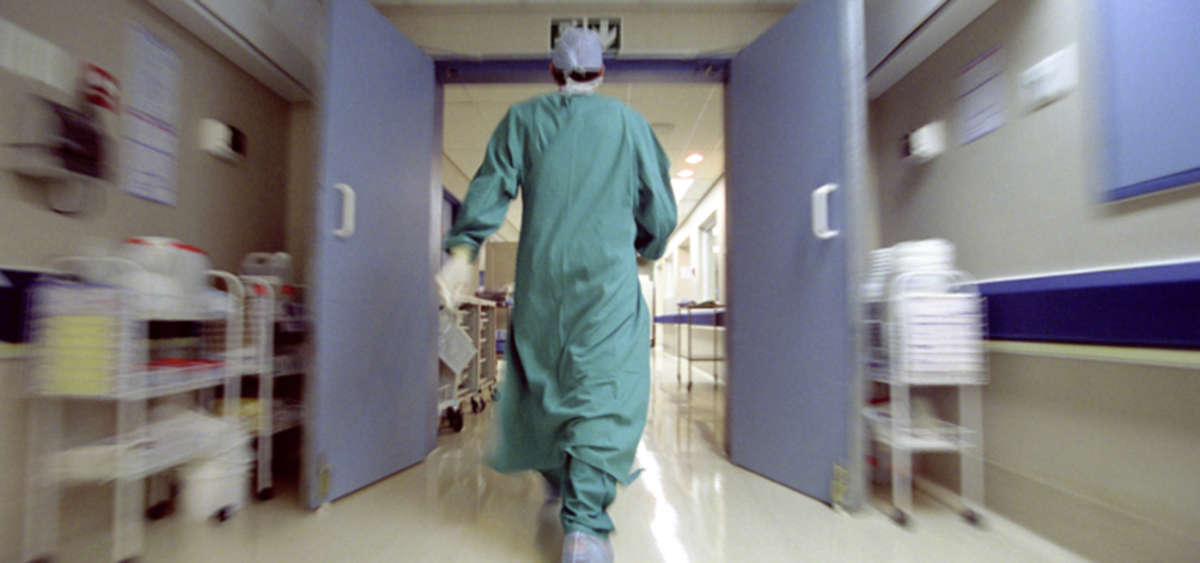Doctors aren’t legally responsible for all medical mistakes. Doctors are only legally responsible if the mistake causes harm.

General Rule: No Duty to Guarantee a Certain Result
The law says that doctors do not have to guarantee a specific result, such as curing a disease.
Instead, they have a duty to take all possible and reasonable steps to reach the desired goal. In legal terms, this is called an “obligation of means.”
In other words, the actions of doctors are not judged on whether they achieve a specific result, but on how they behaved in the situation.
However, in certain situations, doctors do have a duty to produce a certain result. For example, doctors must know where to operate on their patients (for example, left leg versus the right leg). They also have a duty to respect the confidentiality of their patients’ medical information.
Types of Mistakes
Medicine is not an exact science, and it is changing constantly. Therefore, doctors are not automatically responsible for a wrong diagnosis or an unsuccessful operation, as long as they followed widely-accepted medical practices.
Doctors are therefore not legally responsible for all mistakes they make.
A doctor’s actions are evaluated based on what a reasonably careful and reasonably skilled doctor would have done in the same situation. When a judge decides whether a doctor has made a mistake, it must decide if the doctor’s actions were reasonable given the circumstances. The judge will consider whether another doctor in the same type of situation would have done the same thing.
Therefore, mistakes must be considered on a case-by-case basis when deciding whether the doctor is legally responsible. Doctors who follow accepted medical practices will not be held responsible for their mistakes. However, if they did not follow accepted medical practices, they will be held responsible for the harm their mistakes cause.
For example, to make a diagnosis using accepted practices, a doctor should do these things: use currently-accepted methods, conduct a physical examination using up-to-date standards, refer patients to specialists when needed, order necessary tests and examinations, correctly interpret results, order tests to double-check the diagnosis, and, when in doubt, consult colleagues. The doctor must also let the patient know about the diagnosis within a reasonable time and tell the patient a mistake was made.
Legal Responsibility of Doctors
Doctors can be legally responsible if they make a mistake and the patient proves that the mistake caused harm.
To learn more about what to do if a doctor makes a mistake, see our article Legal Action After a Medical Mistake.





